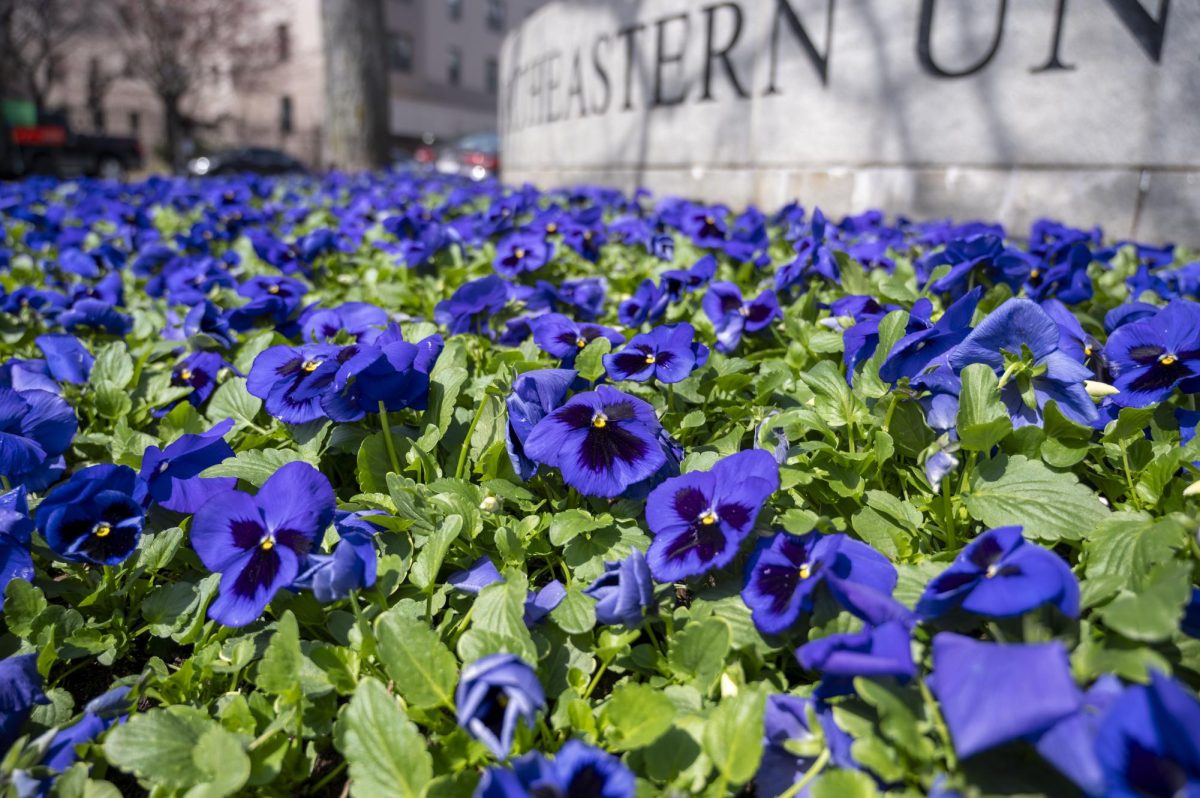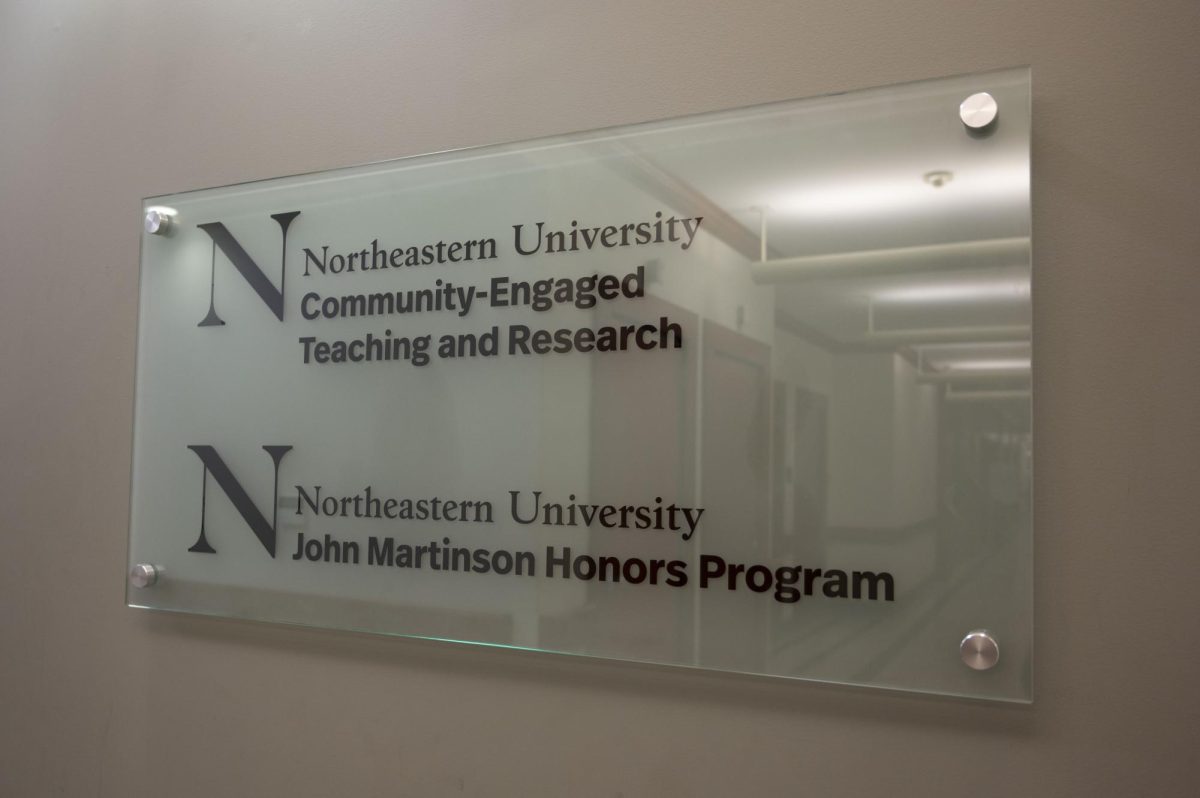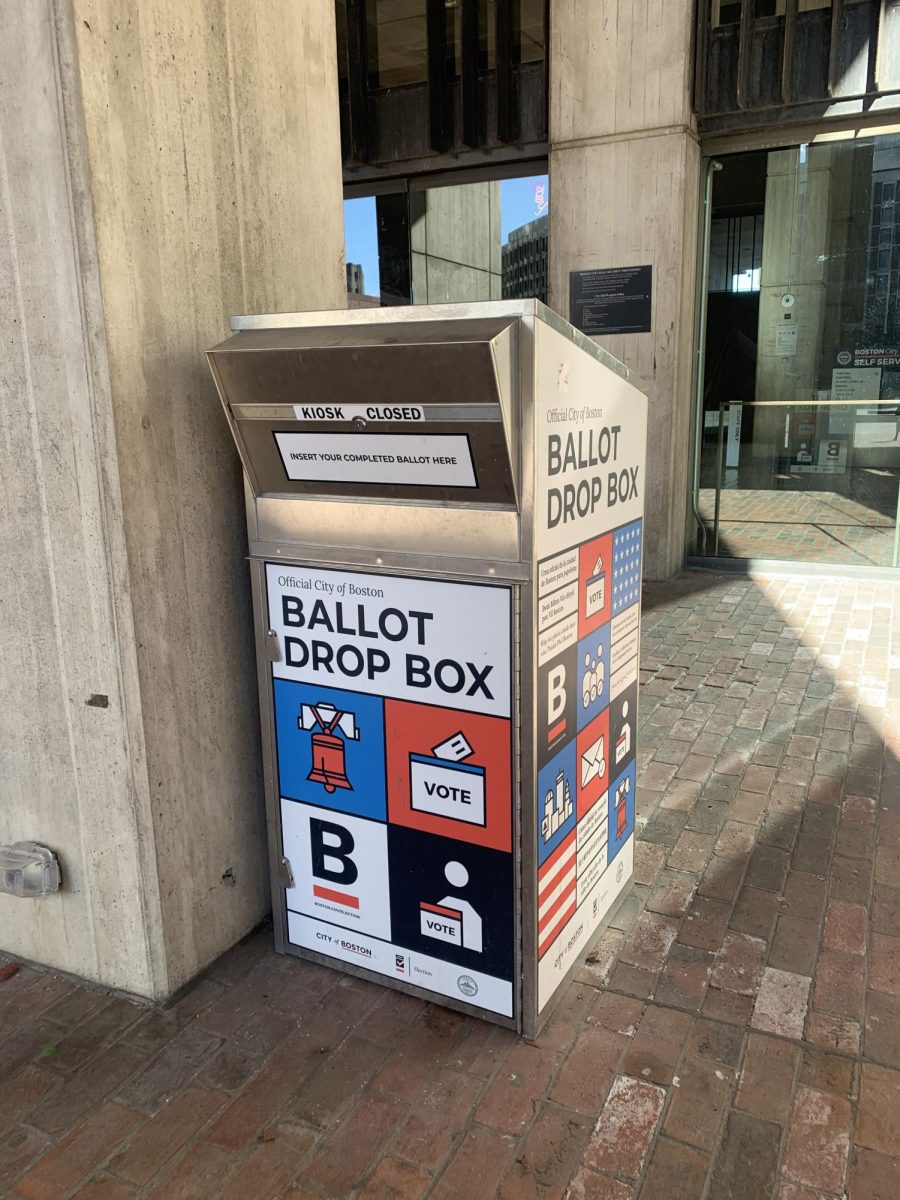Last week, Boston Cab Dispatch, one of the city’s largest taxi companies, filed a lawsuit against the makers of the smartphone app Uber, claiming it was essentially operating a livery service beyond city regulations, creating unfair competition. This is not the first legal hurdle Uber has faced; the city of Cambridge has openly battled with the company, suing to overturn a state ruling last summer that approved of the app’s use of GPS technology to track fares. Similar battles have been taking place across the nation.
Uber is one of several “e-hail” apps that allow users to hail livery vehicles (mostly town cars but also participating taxis). Boston Cab Dispatch has a similar app for its own cars. The legal issues surrounding Uber are mostly the results of Byzantine taxi regulations, which have given the company’s competitors ground to try to block the app from making inroads on their turf. While there may be some legitimate substance to these lawsuits, this should be left for the courts to decide. State and local governments should not be actively working to block these apps as Cambridge has, and should instead work to change any necessary regulations in order to accommodate these apps.
Boston has a taxi problem, and this crusade against innovation doesn’t help. According to a 2011 WBUR report, Boston has the highest taxi fares in the nation. This is the result of an archaic licensing system that enriches the large cab companies, hurts the drivers and keeps the number of taxis on the street artificially low, thus raising fares.
In order for a taxi to be licensed in the city (the physical car, not the driver), the owner must posses a “taxi medallion.” Unlike a private registration, these medallions are not just handed out at the Registry of Motor Vehicles. There are a set number in circulation, and they are generally only available through a private transaction. The going rate for a medallion is around half of a million dollars. These medallions are consolidated by large companies that can afford them – like Boston Cab Dispatch – who then charge drivers for the right to use them. Boston Globe columnist Jeff Jacoby compared the system to sharecropping. The medallions are so expensive because there is a finite number of them, and like currency, if more were added, the value would decrease. Thus the owners of these medallions have a large stake in ensuring the number of taxis in the city stays constant.
This system is obviously flawed for numerous reasons, which is why Uber and other private e-hail apps are such a blessing to the consumer. By allowing private drivers – all of whom have livery licenses – to compete with cabs, these apps create competition in a market that has shunned it.
Boston needs a competitive livery market. The city is in the midst of unprecedented growth, especially among young professionals. As it is, the T stops running by 1 a.m., and with more cuts pending, the system could face an even earlier closing time. Young people like to go out on the weekends and they like to stay out. Bars and clubs in Massachusetts don’t close until 2 a.m., and the city needs to support a safe and reliable way home (i.e. promote alternatives to drunk driving). Boston residents have long lamented the nightmarish scene in the theater district after last call, in which there’s overwhelming competition to hail a limited number of taxis. Uber presents a viable solution to these problems.
Like many industries in the wake of the digital revolution, the livery industry is changing. Instead of trying to shun it as Cambridge has, Boston should embrace these changes and create a system in which Uber can legally operate. And in the true spirit of capitalism, any company that has a problem with the competition should adapt and compete or get out of the way.













